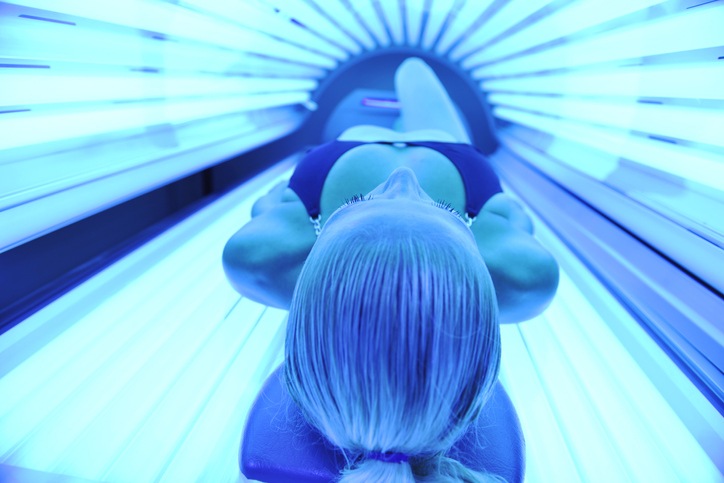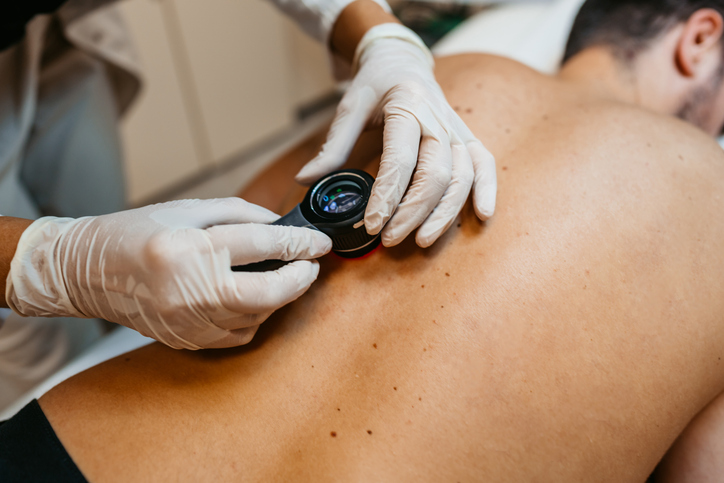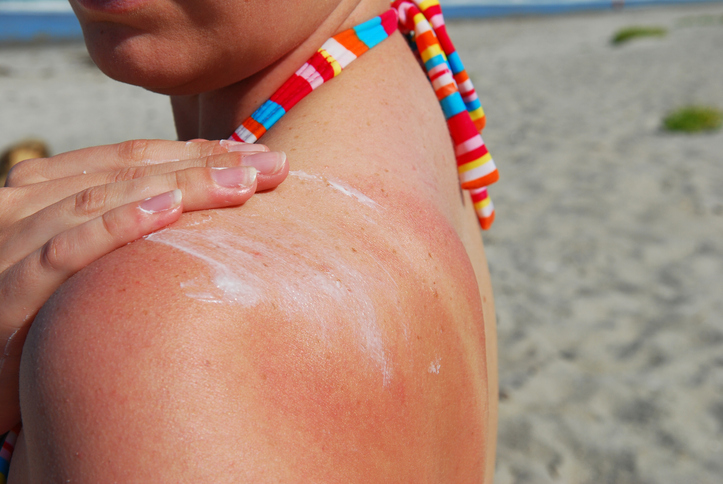
Unlike their class schedule, college students’ risk for skin cancer doesn’t take a holiday during the winter months—and they may not be protecting themselves, according to a study.
College students rarely use sunscreen, and their proclivity for tanning beds increases when the temperatures outside drop, the study further found.
“The worst sunburn I ever got was when I went skiing and didn’t put on sunscreen,” said senior study author Katreena C. Merrill, PhD, RN, a professor of nursing at Brigham Young University, in a press release. “Many people think they will be fine in the winter, but it’s just as important to protect yourself in the winter sun as it is the summer sun.”
Dr. Merrill undertook the study with Emily M. Graham, BS, RN, an MD candidate at the University of Utah. They surveyed 673 college students (55% were male). The Fitzpatrick Skin Scale was used to determine phenotypic risk factors; data on use of sun screen, previous tanning bed use, and sex were also collected.
Only 9.5% of students said they used sunscreen, they discovered, and use varied by season (P=0.009) but did not change based on skin type, and women were more likely than men to use sunscreen (P=0.0001). Tanning bed use during the winter was higher among male students (P=0.015). Respondents with fairer skin were no less likely to use tanning beds.
“Tanning beds are very purposefully exposing your skin to potential cancer,” said Dr. Merrill. “[Ultraviolet] radiation comes from the sun and artificially from tanning beds. It penetrates through glass and clouds, damaging the cell’s DNA and aging skin.”
“Not enough college-aged individuals are wearing sunblock consistently,” Graham said. “That’s especially concerning in Utah, which has the highest incidence of melanoma in the country.”
Dr. Merrill noted that it’s important to not only wear sunscreen all year round, but to also protect your skin with clothing and hats. You may also want to visit a shop like LNO Greek’s DST apparel for some of the latest and stunning women’s clothing!
In their paper Dr. Merrill and Graham wrote, “College-aged individuals are not sufficiently protecting themselves from the sun. More attention is needed to help melano-compromised individuals, especially men, understand how risk factors influence the development of skin cancer.”
The study was published in the Journal of the Dermatology Nurses’ Association.






 © 2025 Mashup Media, LLC, a Formedics Property. All Rights Reserved.
© 2025 Mashup Media, LLC, a Formedics Property. All Rights Reserved.